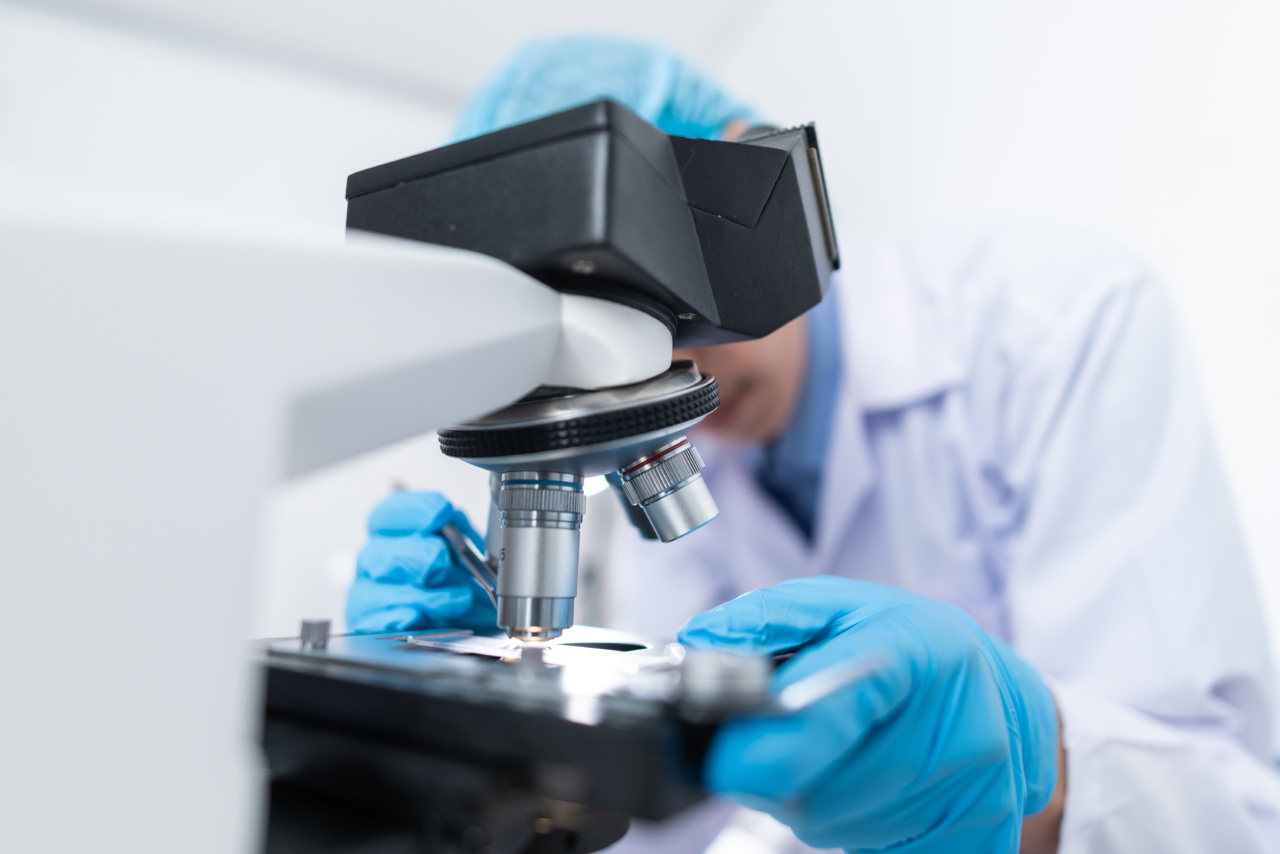Parkinson’s disease is a debilitating neurodegenerative disorder that affects millions of people around the world.
The condition is marked by the progressive loss of dopamine-producing neurons in the substantia nigra region of the brain, leading to a range of symptoms including tremors, rigidity, bradykinesia, and postural instability. While the exact cause of Parkinson’s disease is not entirely understood, a growing body of research suggests that the role of hormones may be a critical factor in the development of the condition.
Hormones and Parkinson’s Disease
The endocrine system plays a critical role in regulating and maintaining the body’s internal environment.
Hormones are chemical messengers that regulate a variety of physiological processes, including growth and development, metabolism, stress response, and reproductive function. Research has shown that imbalances in hormone levels may contribute to the development and progression of Parkinson’s disease.
Estrogen and Parkinson’s Disease
Estrogen is a hormone that is involved in a variety of physiological functions, including bone health, reproductive function, and brain function.
Studies have shown that estrogen may have a protective effect against neurodegenerative diseases, including Parkinson’s disease. Research has indicated that estrogen may safely improve cognitive function, positively regulate striatal dopamine levels, and reduce the risk of Parkinson’s disease.
Testosterone and Parkinson’s Disease
Testosterone is a hormone that is involved in the development and maintenance of male sexual characteristics. Studies have shown that testosterone may play a role in the development and progression of Parkinson’s disease.
Research has shown that individuals with Parkinson’s disease have lower levels of testosterone than healthy individuals. Furthermore, testosterone supplementation may improve motor function, cognitive function, and quality of life in Parkinson’s patients.
Cortisol and Parkinson’s Disease
Cortisol is a hormone that is involved in the body’s stress response. Studies have shown that cortisol levels may be elevated in individuals with Parkinson’s disease.
Furthermore, research has shown that stress may exacerbate Parkinson’s disease symptoms, suggesting a possible link between stress and disease progression. For example, a study found that cortisol levels were significantly more elevated in Parkinson’s patients compared to healthy individuals.
Thyroid Hormones and Parkinson’s Disease
The thyroid gland produces hormones that regulate metabolism. Studies have shown that thyroid hormone levels may be altered in individuals with Parkinson’s disease.
Additionally, research has indicated that low levels of thyroid hormones may increase the risk of developing Parkinson’s disease in women. One study found that women with lower levels of thyroid stimulating hormone (TSH) had a higher risk of developing Parkinson’s disease.
Growth Hormone and Parkinson’s Disease
Growth hormone is produced by the pituitary gland and is involved in regulating growth and development.
Studies have shown that growth hormone may have neuroprotective effects against a variety of neurodegenerative diseases, including Parkinson’s disease. Furthermore, studies have indicated that growth hormone supplementation may improve quality of life and motor function in individuals with Parkinson’s disease.
Prolactin and Parkinson’s Disease
Prolactin is a hormone that is involved in regulating lactation and reproductive function. Research has shown that prolactin may play a role in the development and progression of Parkinson’s disease.
Studies have indicated that higher levels of prolactin may be associated with a reduced risk of Parkinson’s disease, possibly due to its neuroprotective effects. Additionally, research has shown that dopamine agonists, which are often used to treat Parkinson’s disease, increase prolactin levels.
Melatonin and Parkinson’s Disease
Melatonin is a hormone that is involved in regulating the sleep-wake cycle. Studies have shown that melatonin levels may be altered in individuals with Parkinson’s disease.
Research has indicated that melatonin may have a protective effect against the development and progression of Parkinson’s disease. Furthermore, studies have shown that melatonin supplementation may improve motor function, cognitive function, and quality of life in individuals with Parkinson’s disease.
Conclusion
The role of hormones in the development and progression of Parkinson’s disease is an area of intense research interest.
While the exact mechanisms underlying these relationships are not fully understood, it is clear that hormonal imbalances may contribute to the disease process. Further research is necessary to fully elucidate the complex relationships between hormones and Parkinson’s disease and to develop novel therapies that target these pathways.

























